2025 WORLD RESILIENCE SUMMIT
The Power of Resilience: Unlocking Human Potential in a Changing World
Learn to Thrive Despite All Uncertainties: Join 25 Global Experts at the 2025 World Resilience Summit
In today’s unpredictable world, Resilience isn’t just a buzzword—
it’s essential for survival, achieving success, and thriving today
Resilience Is the Key to Navigating Today’s Challenges
In today’s unpredictable world that is changing at an accelerating pace, resilience isn’t just a buzzword—it’s the key to survival and success. Whether you're an individual overwhelmed by personal challenges, a leader grappling with organizational uncertainty, or a concerned citizen worried about political instability, the 2025 World Resilience Summit explores how you can build resilience and how it can transform lives and systems, empowering you to create sustainable solutions.
For Individuals:
Are you feeling stressed or burnt out, struggling to maintain balance amidst constant demands? On Saturday, April 26, we will focus on Personal Resilience, with select masters of Tai Chi and Qigong and other world-class experts sharing their ways to manage stress and transform challenges into opportunities for personal growth. Join our summit to learn how to build lasting inner strength that can help ease overwhelm and boost your energy, so that you can manifest the life you truly deserve.


For Businesses:
Is your team fully prepared to face the rapid changes in technology and economy? On Friday, April 25, the Day dedicated to Organizational Resilience, we invite you to discover how to build agile teams that thrive under pressure, while preventing leadership burnout with sustainable approaches. We'll provide insights to help you create an innovative culture, essential in the times of disruption, so that your organization becomes even more competitive and resilient.
For Organizations:
Do you represent an organization or NGO dealing with a pressing national or international crisis? On Sunday, April 27, we will explore National and Global Resilience by delving into the strategies designed to address the existential challenges of our time. Discover how to boost national and global resilience and develop robust systems that can endure geopolitical shocks. Join us in harnessing collective action to create a sustainable future by effectively addressing the issues the humankind faces today.

Three Great Reasons to Attend This Summit:
- Building adaptability through adversity is the key, whether you’re navigating personal challenges, leading an organization, or grappling with global issues;
- Gain actionable insights, participate in live panel discussions, and connect with a global community committed to thriving in a world full of challenges;
- Discover actionable strategies and practices for building personal, organizational, and global resilience in a rapidly changing world.

Learn from Experienced Professionals
Our lineup of presenters includes two dozen world-renowned experts from Europe, America, Asia, and Oceania. They'll be sharing their knowledge and insights through 20 - 25 minute presentations and daily panel discussions.

Connect with Industry Leaders & Fellow Attendees
Our summit is a three-day virtual event dedicated to Personal, Organizational, and Global Resilience. It brings together over 10,000 resilience enthusiasts providing you with community and networking opportunities.

Bonuses Included with Your Ticket
Your FREE ticket includes numerous free bonuses designed to support your resilience journey. By upgrading to a VIP ticket, you will get even more bonuses with a combined value of over $2,000, plus a $200 scholarship, which means your VIP ticket pays for itself.
This Is What the Presenters and Attendees Say about Our Summits

It has been my great honor to present at the summits organized by Lama Tantrapa starting in 2012. Each event was a beautiful convergence of vision, purpose, and powerful global community. Lama has a rare gift for weaving together ancient wisdom and modern resilience practices.
Dr. Effie Chow
Founder of East-West Academy of Healing Arts
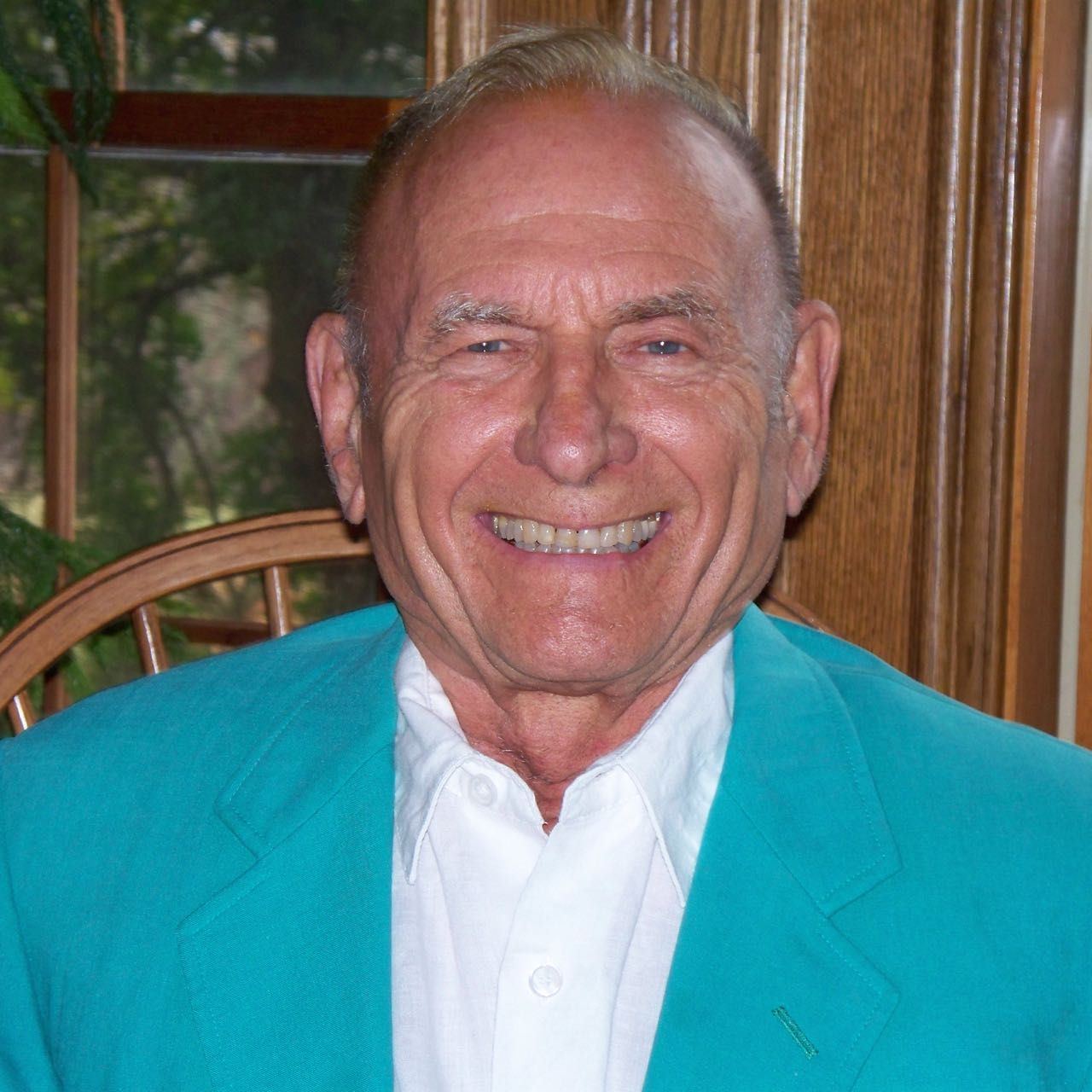
Lama Tantrapa brings together thought leaders, healers, and innovators from around the world in a way that is both deeply meaningful and powerfully effective. His summits offer not only knowledge, but true transformation for those ready to take responsibility for their health, wellbeing, and purpose.
Dr. Norm Shealy
Founder of Holos University

This turned out to be such a phenomenal summit! I hope everyone gets a chance to purchase the recording and watches it over and over.
Thank you, Lama Tantrapa, for putting this event together... World Tai Chi & Qigong Day will never be the same!
Marsha Adams
Certified Qigong Coach
Event Details
Things You Need To Know
FREE Admission:
Access all presentations for 72 hours after they go live free of charge.
• Gain actionable insights from 25+ world-renowned experts in resilience science and practice;
• Enjoy our interactive panel discussions on critical topics each day;
• Experience the unique integration of ancient wisdom with cutting-edge strategies for building inner strength;
• Take away the best practices to share with your organization, community, or government for the benefit of all.
REGISTER FOR FREE NOWThe Benefits of Attending the 2025 World Resilience Summit for FREE:
1. World-Class Presenters: Learn from renowned experts in the field of Resilience, each offering valuable insights and techniques that will elevate your practice.
2. FREE Access to Recordings for 72 Hours: Enjoy complimentary access to the recordings of all presentations for 72 hours after being broadcasted, allowing you to revisit the teachings at your own pace.
3. Valuable Bonus Materials: Take advantage of numerous valuable bonus materials offered by the presenters at no additional cost, designed to facilitate your transformation and support your practice.
4. Live Panel Discussions: Enjoy watching live panel discussions with expert presenters, where you’ll have the opportunity to learn from a diverse range of perspectives on topics related to resilience and sustainable growth.
5. Interactive Experience: While free attendees can enjoy the live panel discussions, upgrading to VIP status gives you the unique opportunity to actively participate in the discussions and ask panelists direct questions.
6. Access to Practical Tools & Techniques: Learn practical, actionable methods that you can immediately apply to boosting your Resilience, enhancing your health and well-being.
7. Global Community: Connect with like-minded individuals from around the world, fostering a sense of unity and shared purpose in thriving, rather than merely surviving.
8. Diverse Learning Opportunities: With a wide range of topics covered by world-class presenters, you’ll gain exposure to different styles, methods, and philosophies, helping you discover new avenues of growth in your personal practice.
9. Inspirational Talks: Be inspired by stories and experiences from experts who have dedicated their lives to embodying resilience, leaving you with newfound motivation for your own journey.
10. No Cost to Join: Experience all of the above benefits at absolutely no cost by taking advantage of this unparalleled opportunity to learn and grow for FREE.
Make sure to upgrade to the VIP Status after registering, so that you get invited to actively participate in panel discussions, ask expert panelists your own questions about resilience, and build up your inner strength (not to mention getting a lifetime access to all the recordings and over $2,000 worth of additional bonuses).
When you register for this World Resilience Summit, you be able to join an interactive Resilience online community that will continue to support your growth after the summit. Through our mobile app, you will be able to connect with fellow participants and engage with resilience experts in live Q&A sessions.
Additionally, you will have opportunities to attend immersive retreats, join our Resilience Mastermind Group, and even become a Certified Resilience Coach.
Don’t miss this unique opportunity to become part of a global movement—register now!

Meet Our Speaker Team
Learn From Some of the Top Industry Experts Who Want To Help You Achieve Greater Resilience!

Sheldon Callahan
Founder of Deep Roots Center & Co Host of the World Resilience Summit and World Taichi Qigong Summit
Friday, April 25
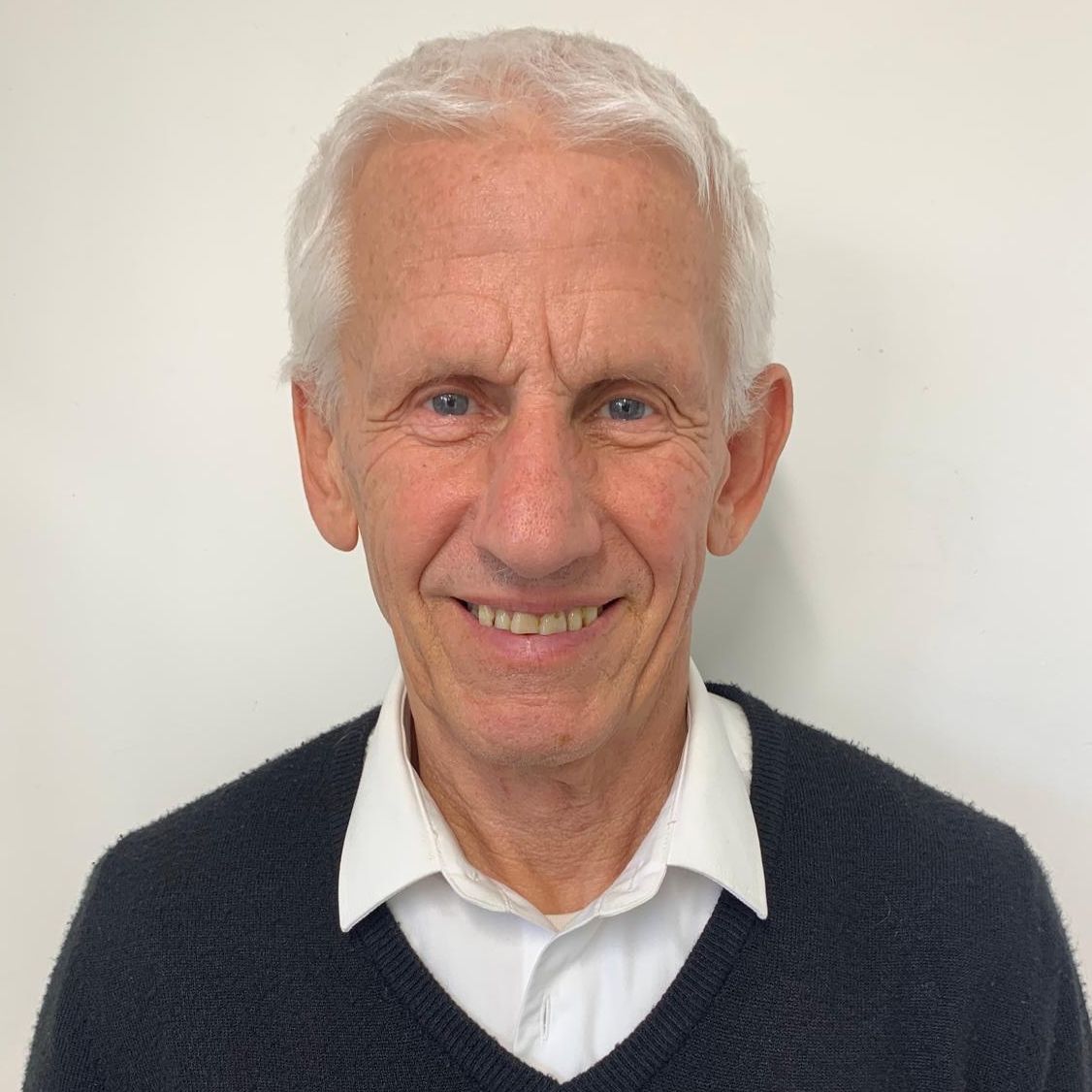
Bernard Genge
Organizational Resilience Coach
Friday, April 25

Malene Solborg
Founder of The Vertical Path
Friday, April 25

James R Elliot
Founder of Limitless Entrepreneur
Friday, April 25

Chris Howard
Founder of Christopher Howard Training
Friday, April 25
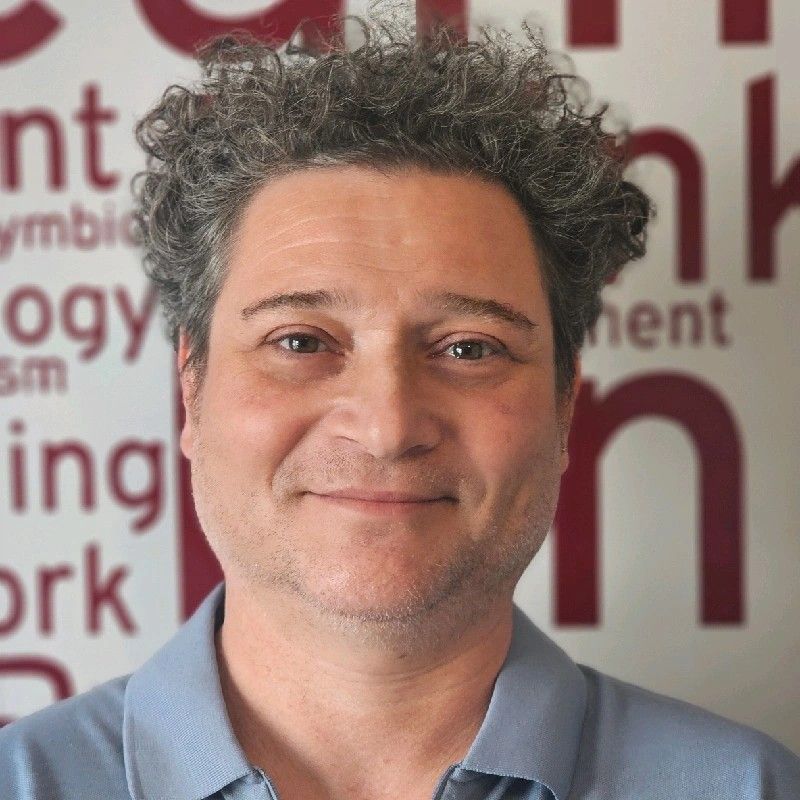
Natan Verkhovsky
Founder of Allura Creative Agency
Friday, April 25
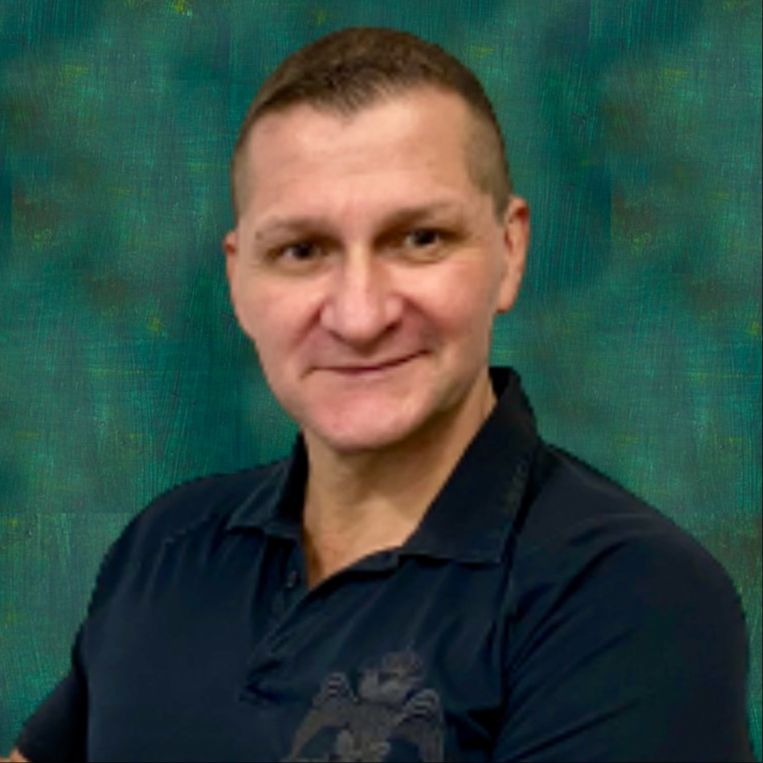
Rafael Gomez
Founder of Speaking Prowess
Friday, April 25

Dr. Stanley Ngui
Founder of NGUI Matrix Healthcare System
Saturday, April 26
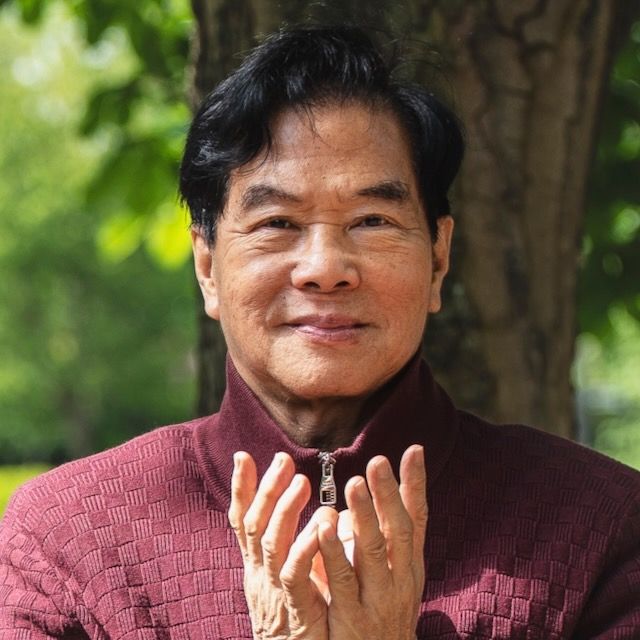
Mantak Chia
Founder of the Universal Healing Tao® System
Saturday, April 26

Marisa Cranfill
Founder of YoQi® = Yoga + Qigong
Saturday, April 26
Dr. Ted Cibik
Founder of Inner Strength
Saturday, April 26

Hanna Snorradóttir
Founder of Harmonic Living
Saturday, April 26

Lama Tantrapa
Founder of Academy of Qi Dao
Saturday, April 26
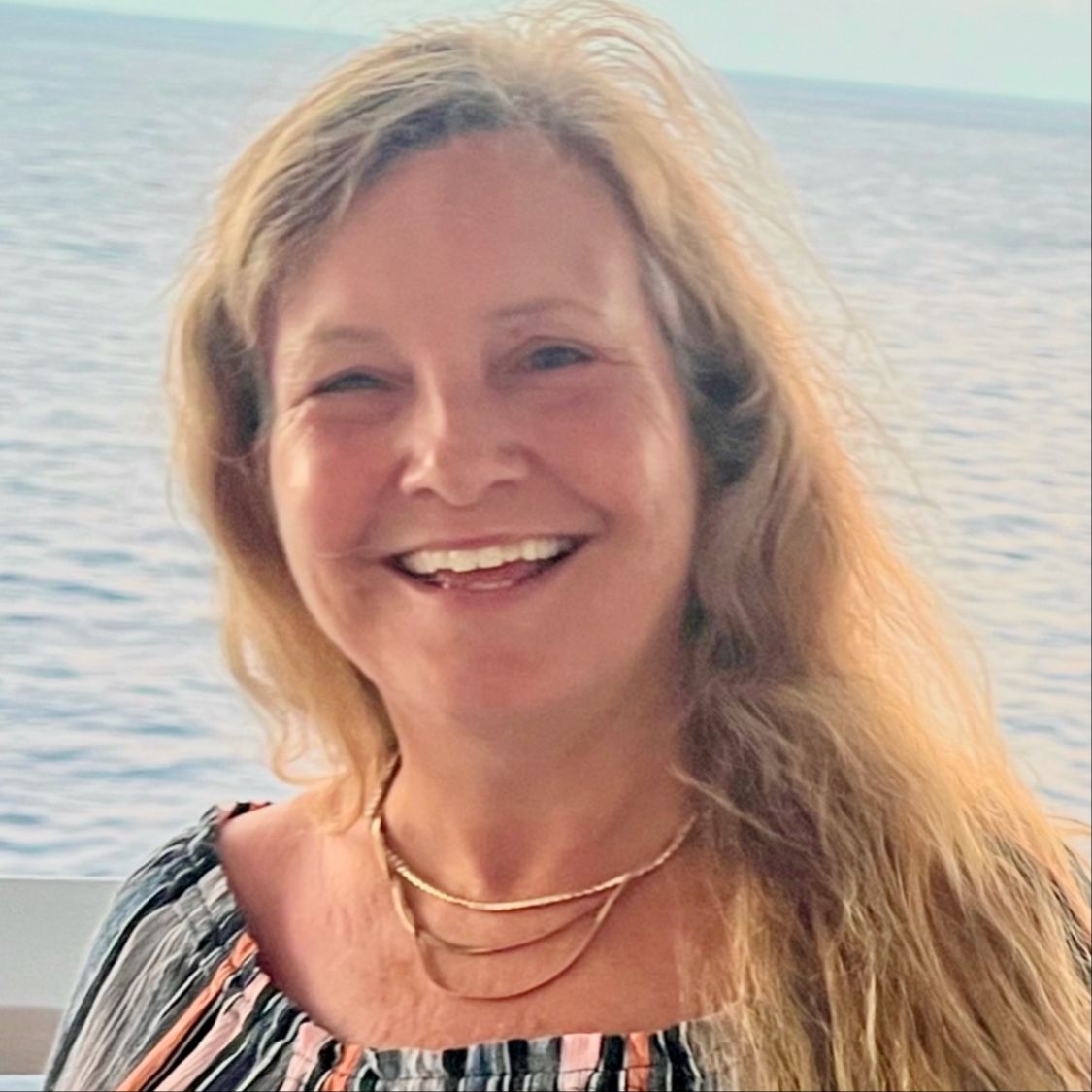
Tammy Vincent
Founder of Rising from the Ashes
Saturday, April 26
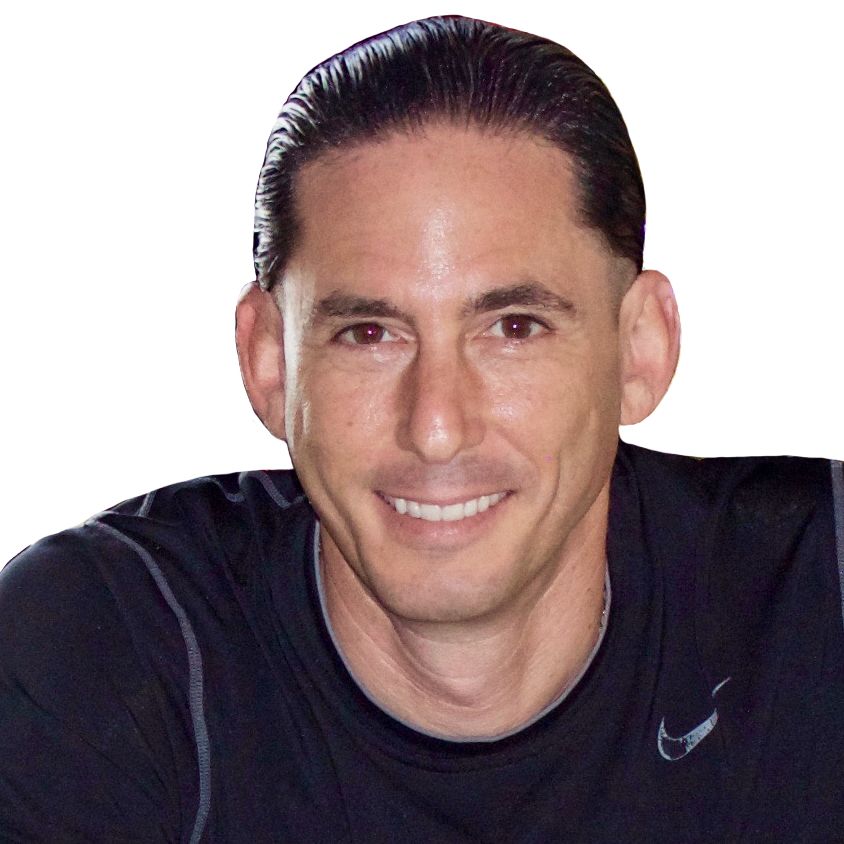
Jeff Primack
Founder of Supreme Science Qigong Center
Saturday, April 26

Cathy Mu
Founder of the Thriving Foundation
Saturday, April 26

Tevia Feng
Founder of White Tiger Qigong
Sunday, April 27
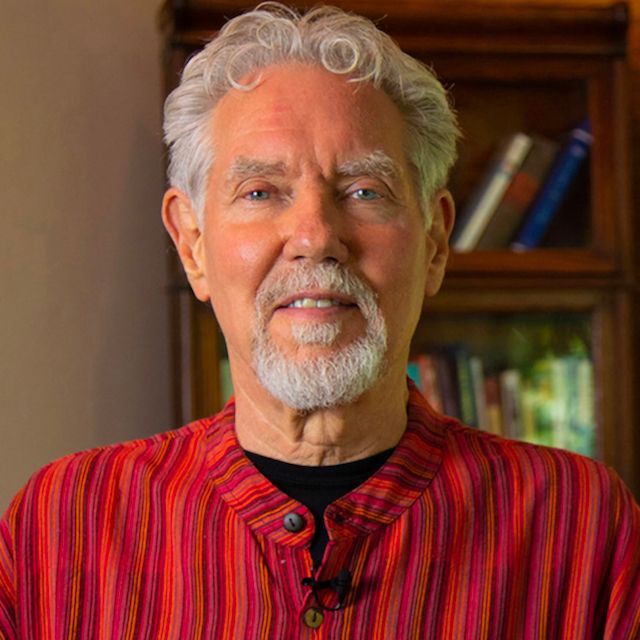
Dr. Roger Jahnke
Founder at the Institute of Integral Qigong & Tai Chi
Sunday, April 27
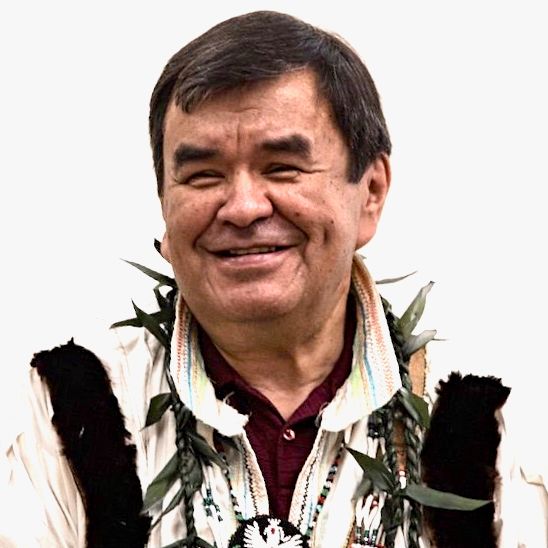
Ilarion Merculieff
Founder of Global Center for Indigenous Leadership and Lifeways
Sunday, April 27

Bill Douglas
Founder of World Tai Chi & Qigong Day and Global Transformation Project
Sunday, April 27

Dr. Symeon Rodger
Founder of The Leader Revolution and Global Resilience Solutions
Sunday, April 27
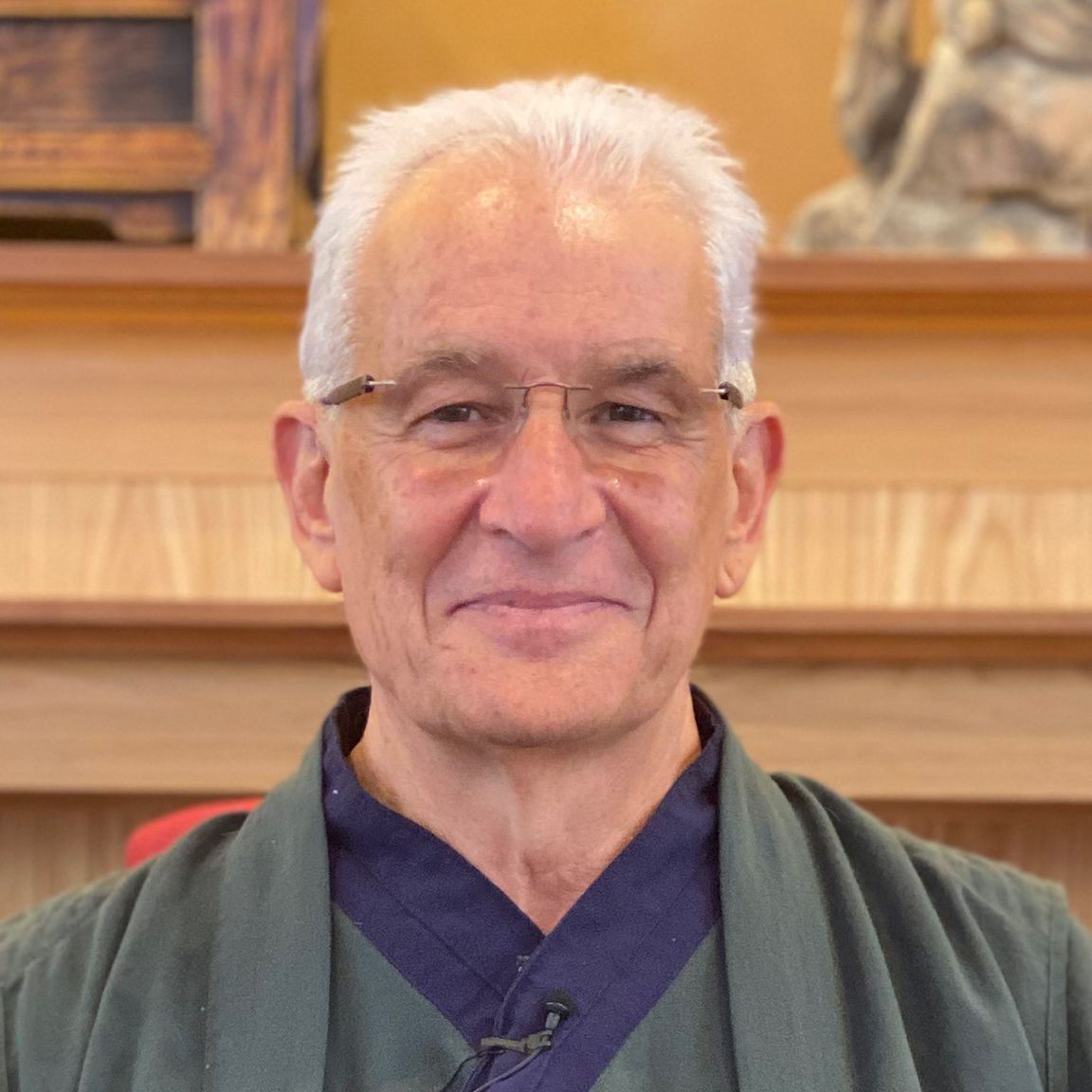
Teja Bell
Founder of Qigong Dharma
Sunday, April 27
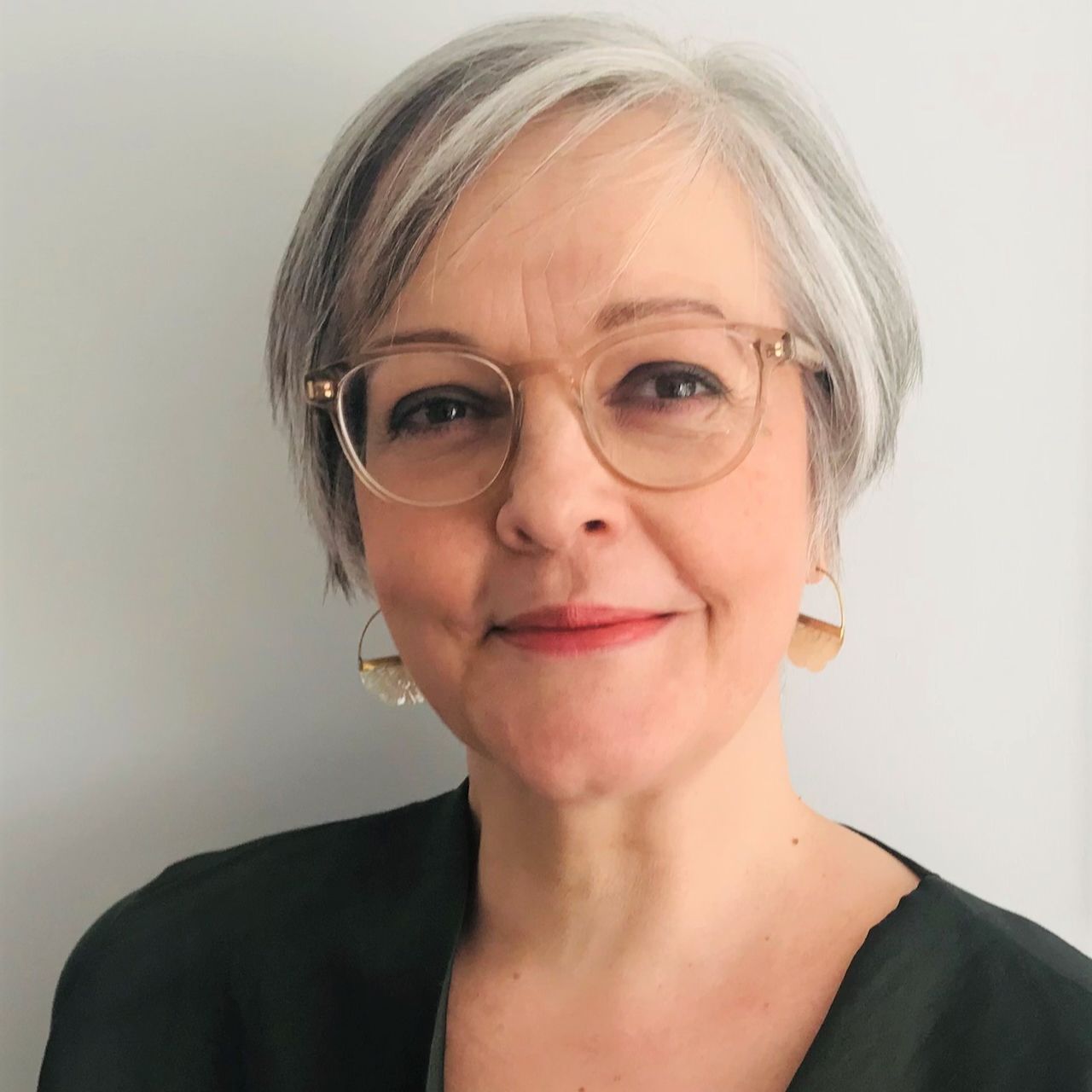
Dr. Claire Hart
Assistant Professor at Northumbria University
Sunday, April 27

Jose Pereira
Founder of JoseConnect.com
Sunday, April 27
Meet Your Host:
Lama Tantrapa
- CEO of Resilience Centre;
- Founder and President of Academy of Qi Dao;
- Producer of The Secrets of Qigong Masters podcast;
- Organizer of several online summits and communities;
- Creator of such professions as Dream Yoga Coaching and Qigong Coaching.
REGISTER FOR FREE NOW
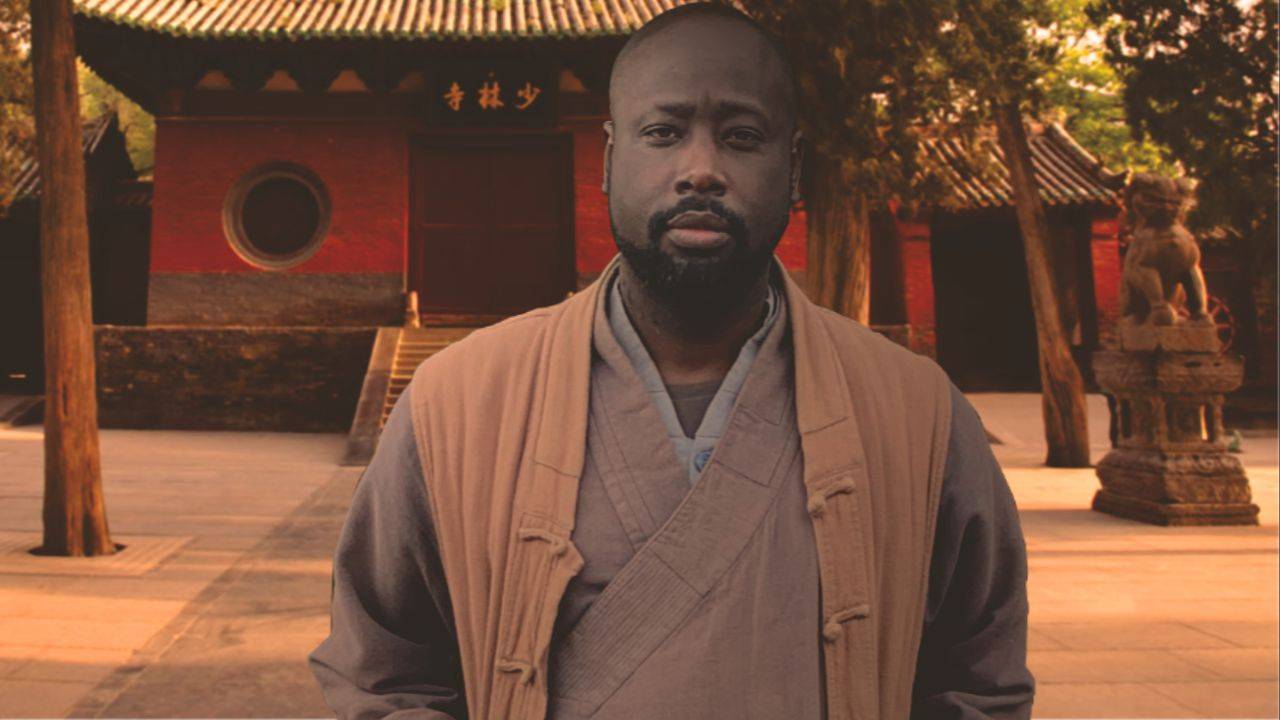
Cohost: Master Sheldon Callahan
- Executive Director of Deep Root Center for Spiritual Studies formerly Shaolin Buddhist Temple and Education Foundation
- Organizer of several online and in person summits and communities
- Technology Leader
- Tech and Business Coach
What the presenters and participants in our previous summits are saying:

Lama Tantrapa is providing a superb service to the international community with his excellent talk show, networking conferences, books, and training programs. For those interested in enhancing resilience, I recommend Lama as an outstanding resource.
John P. Milton
Pioneer of Environmental Movement

What a great summit this was! Thank you for organizing such a worthwhile experience. Lama Tantrapa and his team did a fantastic job. Please let me know how I might be helpful in advancing the Resilience Movement into the future.
Briana Bryant
Summit Attendee

Lama Tantrapa is such a role model for his passion and mastery of empowerment and transformation. His dedication to sharing the ancient wisdom of of his teachings is an incredible contribution to the humankind and the whole world.
Mingtong Gu
Qigong Master
Event Agenda
Daily Event Schedule
The Topics of the Day
Organizational Resilience: Friday, April 25, is dedicated to a series of presentations by world-class experts on Organizational Resilience with the panel discussion on this topic;
Personal Resilience: Saturday, April 26, which is World Tai Chi & Qigong Day, is full of presentations by the Masters of these disciplines, complete with a live speaker panel discussion;
National/Global Resilience: Sunday, April 27 will feature the visionaries exploring the ways to resolve big picture issues, whose panel discussion will wrap up the entire summit.
REGISTER FOR FREE NOW
Frequently Asked Questions
You have questions. We've got answers! Find the details below.
What is the 2025 World Resilience Summit?
When is the event taking place?
Where is the summit being held?
How do I register for the summit?
Is there a cost to attend?
What can I expect from the summit?
What are the benefits of upgrading to a VIP ticket?
Will the summit be recorded?
Get Registered Now & Get Ready for Anything!
The 2025 World Resilience Summit is the perfect opportunity to learn how to develop resilience to the next level in order to set yourself and your people free of undue stress and fear of the future.
REGISTER FOR FREE NOW




